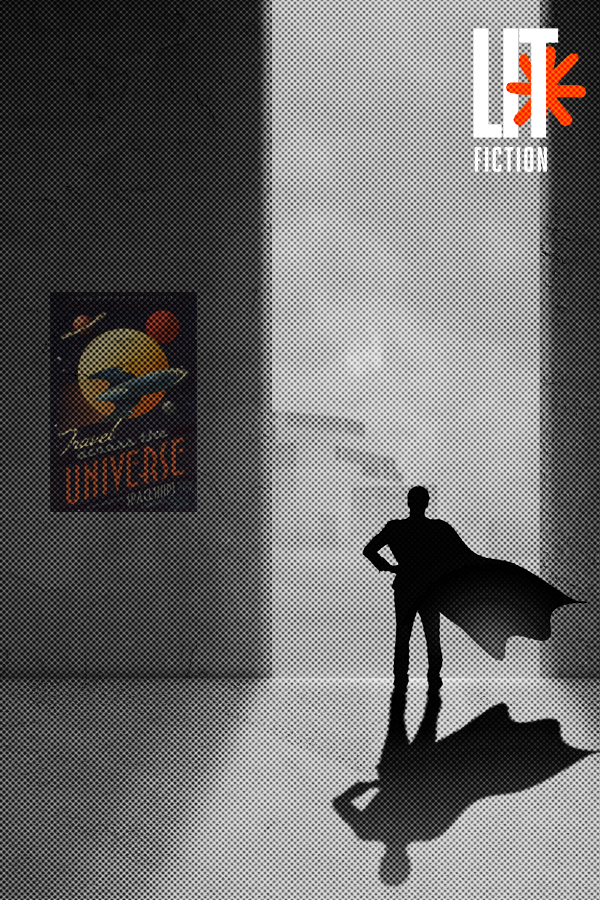This week, Joey and Jennifer discuss: “We’re Not So Different, You and I,” by Simon Rich, from The New Yorker. The story explores the humorous and touching dynamics of friendship, toxic masculinity, and the struggle for connection, all within the framework of superhero and supervillain tropes. At the center of the story is Death Skull, a lonely supervillain who, despite his criminal persona, just wants a friend. The narrative blends themes of emotional vulnerability, queer identity, and self-growth with playful, comic-book-like antics.
Our Thoughts
Jennifer shares her initial impressions of the story, finding it “irresistibly funny” and appreciating how it balances humor with deeper themes like loneliness, shame, and personal growth. She is drawn to the comic book superhero culture, even though she normally isn’t a fan of superhero stories.
“I found this story irresistibly funny… I appreciated that it ends on such a positive, hopeful note… It reminds us of the authentic, life-affirming power of real relationships and real connection.”
— Jennifer
Joey also loves the story and focuses on the theme of loneliness, noting how the story makes use of superhero stereotypes to explore deeper emotional topics. He highlights Death Skull’s queer-coded character and how the story touches on the experience of being misunderstood, which resonates with him as a queer reader.
“The author does a great job of differentiating between queer baiting and queer coding… Death Skull is definitely a queer character somewhere on the spectrum… It’s a story about loneliness, but it’s not tragic.”
— Joey
Jennifer responds to Joey’s analysis, acknowledging the subtle queer coding but interpreting the character’s development through the lens of toxic masculinity and emotional growth. She is particularly impressed by the story’s turn toward genuine connection and Death Skull’s growth as a character.
“Had the story ended halfway through… it would have been a tragic story. But the author chose to redeem the character, and I think that was really beautiful.”
— Jennifer
Key Themes Discussed
- Loneliness and Vulnerability: Both Joey and Jennifer emphasize the story’s exploration of loneliness, particularly through Death Skull’s struggle to make friends despite his villainous persona.
- Queer Coding in Villains: Joey discusses how the story reflects the trope of queer-coded villains and the way the character of Death Skull challenges this stereotype by showing vulnerability and emotional growth.
- Toxic Masculinity: Jennifer points out the story’s critique of toxic masculinity and how it plays into Death Skull’s initial inability to form meaningful connections.
- The Value of Friendship: The story centers on the human desire for connection and the emotional labor that goes into building real friendships, as exemplified by Death Skull’s relationship with Doug.
- Comic Book Culture and Humor: Both Joey and Jennifer enjoy how the story plays with superhero and supervillain tropes to deliver humor alongside emotional depth.
Conclusion
Joey and Jennifer conclude their discussion by reflecting on how Simon Rich uses a mix of humor and emotional depth to explore the human need for connection, the struggle against loneliness, and the importance of vulnerability. The story’s lighthearted tone, combined with its deeper themes, makes it both entertaining and thought-provoking.

